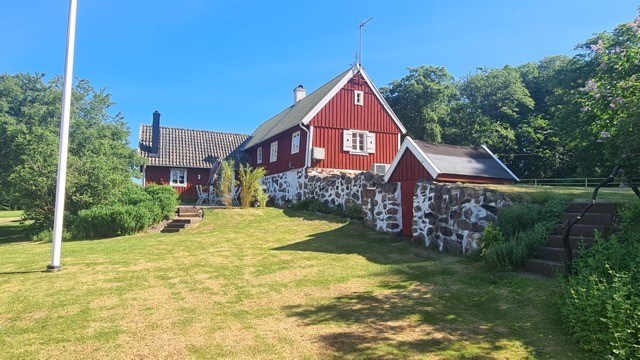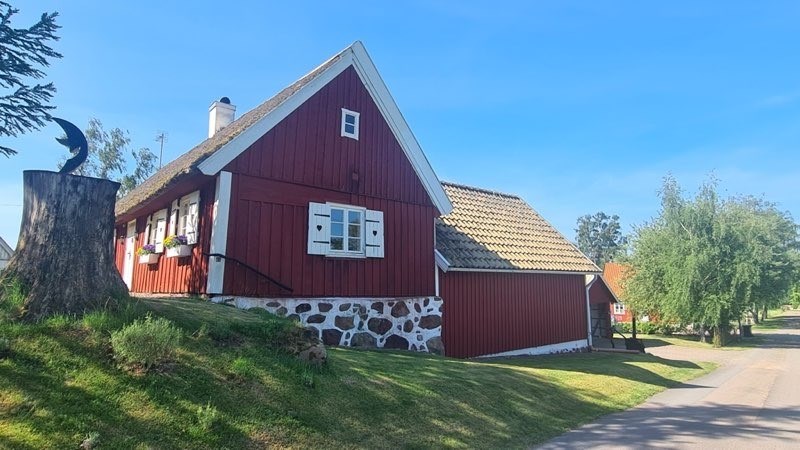Detta inlägg post publicerades ursprungligen på denna sida this site ;
Date:
Author: Adam Smith, Senior Consultant, Universal Impact
Original article: https://theconversation.com/dubai-event-invites-researchers-from-across-world-to-tackle-global-challenges-apply-to-attend-254724
Are you a researcher with an idea that could help solve one of today’s most pressing problems? A conference in Dubai this November will showcase research addressing a wide range of global social and environmental issues. And you can now apply to be involved – and present your work.
Prototypes for Humanity, the organisation behind the event, will invite a group of senior academics to attend the three-day forum, which will promote innovative scientific solutions from around the world and act as a platform for international research collaboration.
As part of the newly established Professors’ Programme, selected researchers will travel to the United Arab Emirates, with the event organisers covering the cost of flights and accommodation.
If you’re interested, simply submit a brief abstract for an academic paper addressing one of the key themes:
1. Wellbeing and Health Futures
How can we best harness the latest technological developments to help people live longer and better lives? From precision medicine to artificial intelligence systems, this category encompasses crucial questions around access to healthcare and how to support an ageing society.
2. Sustainable and Resilient Infrastructure
This theme explores how we design, build, and maintain infrastructure that’s not only functional but future-proof. Submissions could include how to develop cities which are better able to cope with extreme climates, methods of improving water management and new models for sustainable transport.
3. Artificial and Augmented Intelligence
Artificial intelligence is reshaping nearly every aspect of modern life with crucial questions around citizenship, cybersecrutiy and where to draw the lines in human-AI collaboration, this theme investigates the risks and rewards inherent in our new technological age.
4. Environmental Sustainability and Climate Action
Many of today’s most important research questions relate to the climate crisis, whether its accelerating the uptake of green technologies, reducing pollution, or moving towards a circular economy, innovation is essential for driving sustainability and protecting the future of our planet.
5. Socio-Economic Empowerment and Innovation
Submissions are also welcome on how to make economic growth work for everyone including research into the evolving dynamics of the gig economy, micro-credit initiatives and questions around gender equality, as well as the use of technology for social good.
There are also “Open” and “Speculative” categories for potentially impactful research that doesn’t fit within a single theme and studies in uncharted or emerging fields.
Researchers should apply and submit their brief, 200- to 300-word abstracts by May 16 using this link. Those selected for the Professors’ Programme by the panel will then be asked to develop their abstract into a 1,500- to 2,000-word paper, which they will share at the Jumeirah Emirates Towers from November 17 to 20, 2025, alongside the other finalists of the Prototypes for Humanity programme.
Big ideas
Last year, more than 2,700 entries were submitted to the Prototypes for Humanity programme. And they came from 800 universities around the world – many from institutions which are members of The Conversation’s global media network.
More than 100 projects were presented at the final event, which was attended by Stephen Khan, editor of The Conversation UK, who wrote a blog about his experience.
“For The Conversation, it was an introduction to some projects that I expect you’ll hear and read more about in our content in the months to come,” he said.
“While we rightly assess and explain events as they happen, delivering information about new research, and particularly innovative solutions that are born in the labs, studios and seminars of our partner universities is also a central element of our mission as we strive to be the comprehensive conveyor of academic knowledge.”
Prototypes for Humanity is supported by the government of Dubai and seeks to place the Middle Eastern city at the heart of academic, research-driven solutions. The forum also awards US$100,000 to innovative research projects, recognising the commitment of academics to finding solutions to the world’s biggest issues.
At last year’s event, Tadeu Baldani Caravieri, Director of Prototypes for Humanity, elaborated on the team’s vision of the project “as the world’s most comprehensive convener of academic innovation”.
“The diversity, depth and range of applications received – covering all fields of sciences, technology and creative studies – make the initiative reflect the current global state of innovation and how complex global issues are manifested, and addressed, by top academic talent.
”Together, we’re raising awareness of academia’s essential role in driving progress and collaboratively developing solutions that create tangible impacts on people’s lives.”
This year, the event is being supported by Universal Impact, The Conversation’s commercial subsidiary, which offers specialist research communication services to academics around the world – donating profits back to its parent charity.
The Professors’ Programme, which will help academics around the world exchange knowledge and collaborate on shared goals, fits with our mission to help researchers make real world change.
If you, or any of your colleagues are interested in being part of the programme, you can find more information here – or apply here. Abstracts can be submitted until May 16, 2025, and successful participants will be notified by June 13, 2025.
Universal Impact offers specialist training, mentoring and research communication services – donating profits back to The Conversation, our parent charity. If you’re a researcher or research institution and you’re interested in working together, please get in touch – or subscribe to our weekly newsletter to find out more.
![]()

